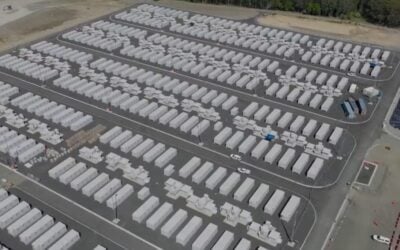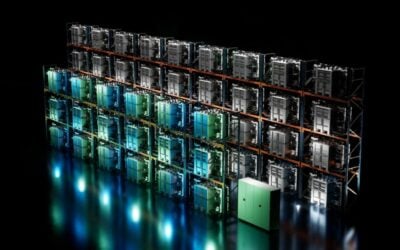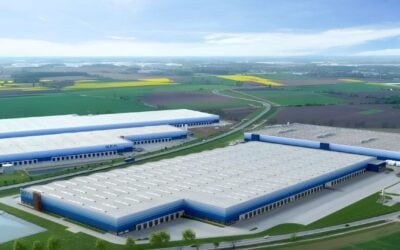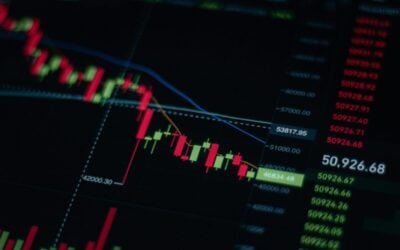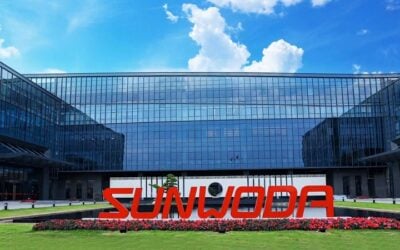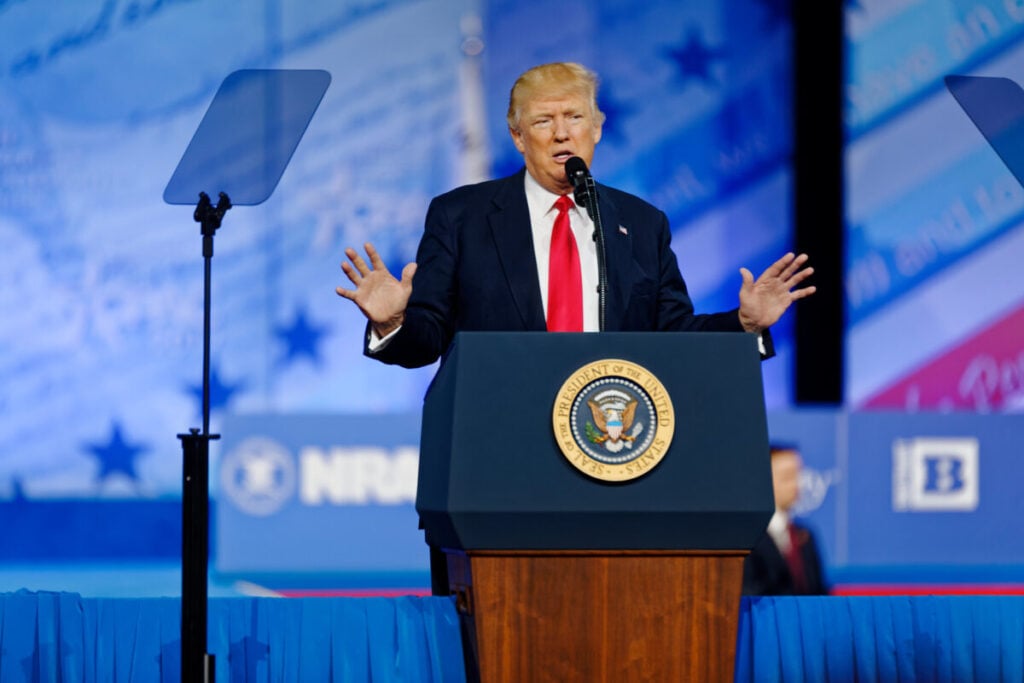
Donald Trump has threatened to impose additional 10% tariffs on all goods from China once he takes office, which would compound existing tariffs the BESS industry already has to deal with.
Posting on social media, the incoming US president vowed to add a 10% tariff to all goods from China and 25% on all goods from Mexico and Canada, in addition to any existing tariffs.
There are already tariffs on lithium-ion batteries from China, and increases set to come into force in 2025 and 2026, so this new 10% tariff would combine with those.
Batteries from China going to the US are currently subject to a tariff of around 10.9%, made up of separate 3.4% and 7.5% tariffs (US Customs ruling filing). The outgoing Biden-Harris administration in January announced an increase in tariffs on batteries from China from that 7.5% to 25%, from 2025 for electric vehicle (EV) batteries and from 2026 for battery energy storage system (BESS) batteries, increasing the overall tariff on batteries to 28.4% (10.9% + 17.5%).
Try Premium for just $1
- Full premium access for the first month at only $1
- Converts to an annual rate after 30 days unless cancelled
- Cancel anytime during the trial period
Premium Benefits
- Expert industry analysis and interviews
- Digital access to PV Tech Power journal
- Exclusive event discounts
Or get the full Premium subscription right away
Or continue reading this article for free
This additional 10% tariff would therefore increase the effective tariff on batteries to nearly 38.4%, Energy-Storage.news’ calculates. Based on analysis from Clean Energy Associates (CEA) after January’s tariff announcement, the effective increase in cost on BESS from China, or using Chinese cells, of the combined tariffs would be about half of that.
In a Q3 earnings call with analysts, the CEO of system integrator Fluence, Julian Nebreda, said the 10% tariff would be ‘completely immaterial’ to the company, as only a small part of its backlog was exposed to this and it did not hold all of the risk on tariff increases.
CFO Ahmed Pasha added that only around US$150 million of the company’s backlog has exposure to the potential new tariff, and a 10% tariff was low enough that it could be passed on to its customers. “In some cases, we have arrangements with our counterparties to pass through increase in tariffs,” he said.
In analysis posted on business networking site LinkedIn, research firm Rho Motion’s head of research Iola Hughes said the EV sector would be able to get around this with China’s market share relatively low, but less so for the BESS market.
That is because the BESS market predominantly uses lithium iron phosphate (LFP) battery cells, which basically all come from China, while EVs use nickel manganese cobalt (NMC) where market share is spread between China and other markets like South Korea.

